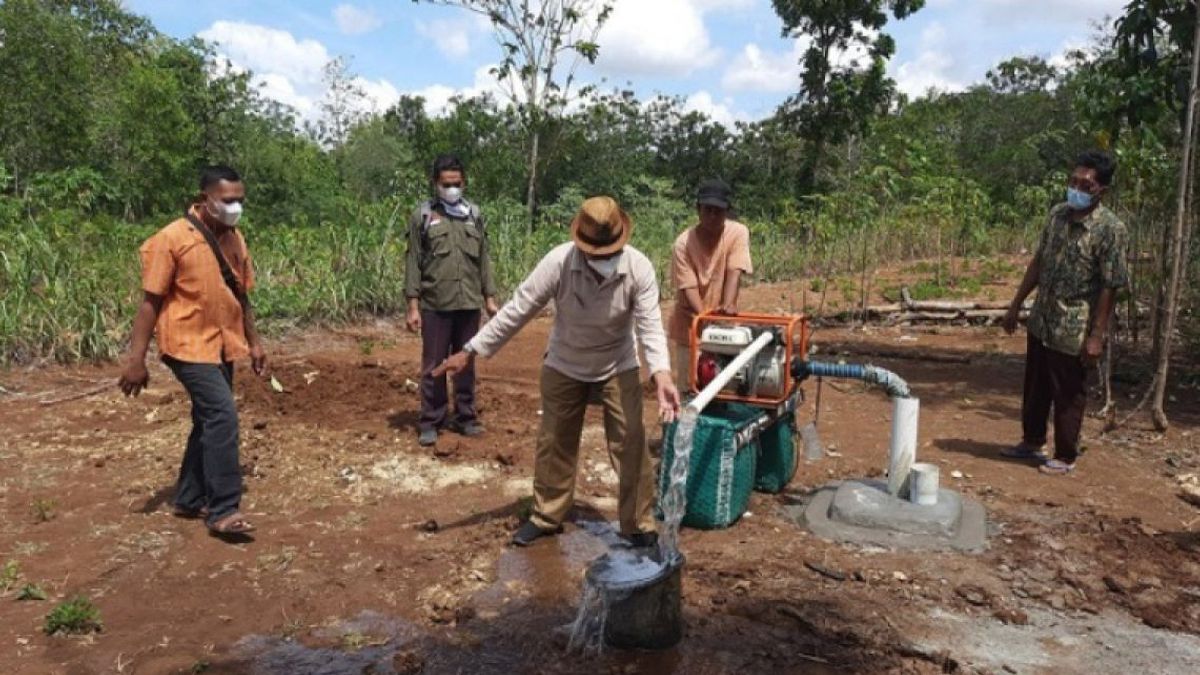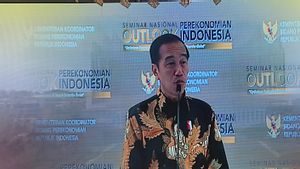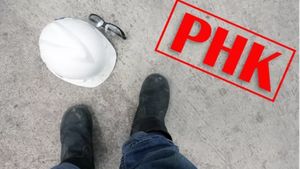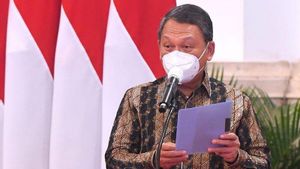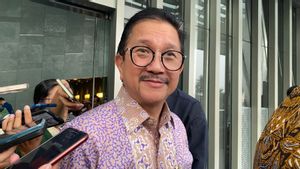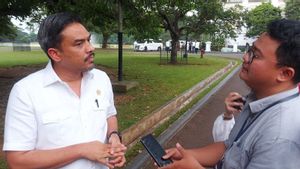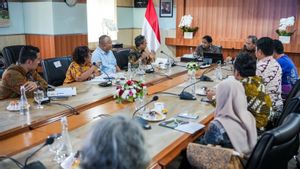JAKARTA - The Ministry of Energy and Mineral Resources (ESDM) has re-adjusted the Decree of the Minister of Energy and Mineral Resources Number 291.K/GL.01/MEM.G/2023 concerning the Standards for Implementing the Approval of Groundwater Use by issuing the Decree of the Minister of Energy and Mineral Resources Number 443.K/GL.01/MEM.G/2023 concerning Amendments to the Decree of the Minister of Energy and Mineral Resources Number 291.K/GL.01/MEM.G/2023 concerning the Standards for Implementation of Approval for the Use of Groundwater.
In the new stipulation, people's agricultural activities outside the irrigation system are not part of the implementation of the approval of the use of groundwater.
Applications for approval for the use of Groundwater are carried out for activities, namely meeting basic daily needs if the use of Groundwater is at least 100 (one hundred) cubic meters per month per head of the family; or the use of Groundwater in groups with the provisions of more than 100 (one hundred) cubic meters per month per group.
Head of the Communication, Public Information Service, and Cooperation Bureau of the Ministry of Energy and Mineral Resources, Agus Cahyono Adi, said, especially the people's agricultural sector that is still in areas that have not been reached by the irrigation system, it is necessary to conduct a comprehensive evaluation of the provisions of the mechanism and effectiveness of implementing the approval for the use of ground water for people's agricultural activities outside the irrigation system.
"With these considerations, the Ministry of Energy and Mineral Resources (ESDM) has adjusted the Decree of the Minister of Regulation on the use of ground water by the Government in order to prevent groundwater from being damaged so that it can be used sustainably," Agus told reporters, Friday, December 22.
SEE ALSO:
He continued, damage to groundwater will certainly have a negative impact on the environment such as land subsidence and sea water intrusion.
Agus added that several areas in Indonesia have been proven to have experienced serious water damage such as Jakarta, Bandung, Semarang, South Sumatra, East Kalimantan and Bali to repair the damage, it is necessary to carry out conservation efforts and management to overcome this problem as well as maintain sustainable groundwater availability, including regulating groundwater use, reducing excessive exploitation, and developing alternative clean water sources.
The English, Chinese, Japanese, Arabic, and French versions are automatically generated by the AI. So there may still be inaccuracies in translating, please always see Indonesian as our main language. (system supported by DigitalSiber.id)
